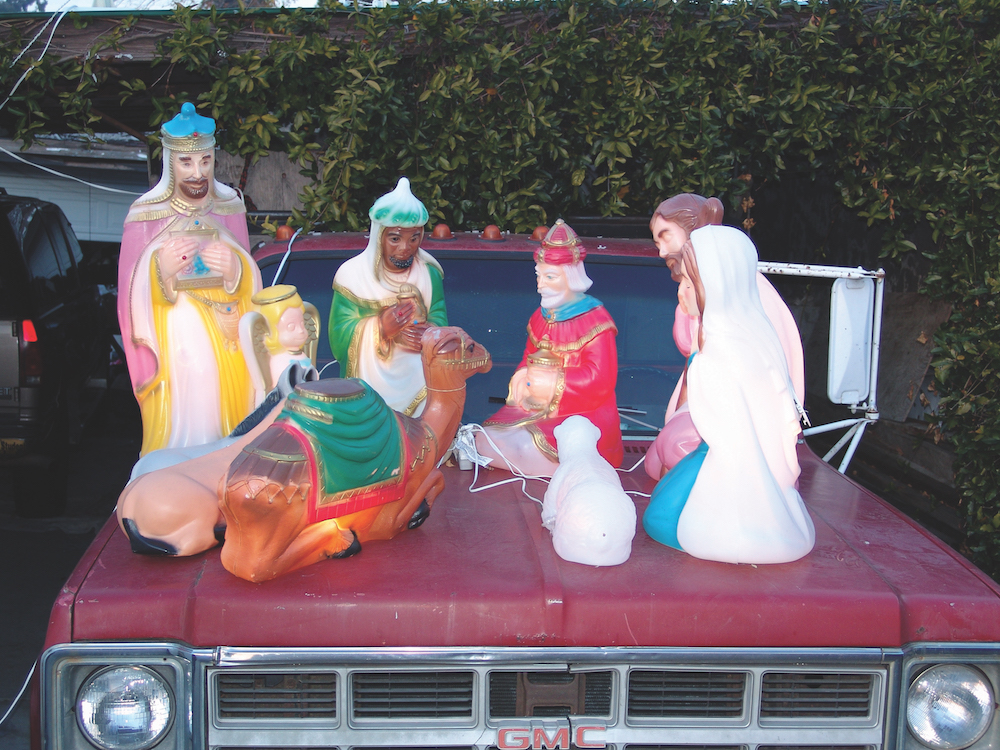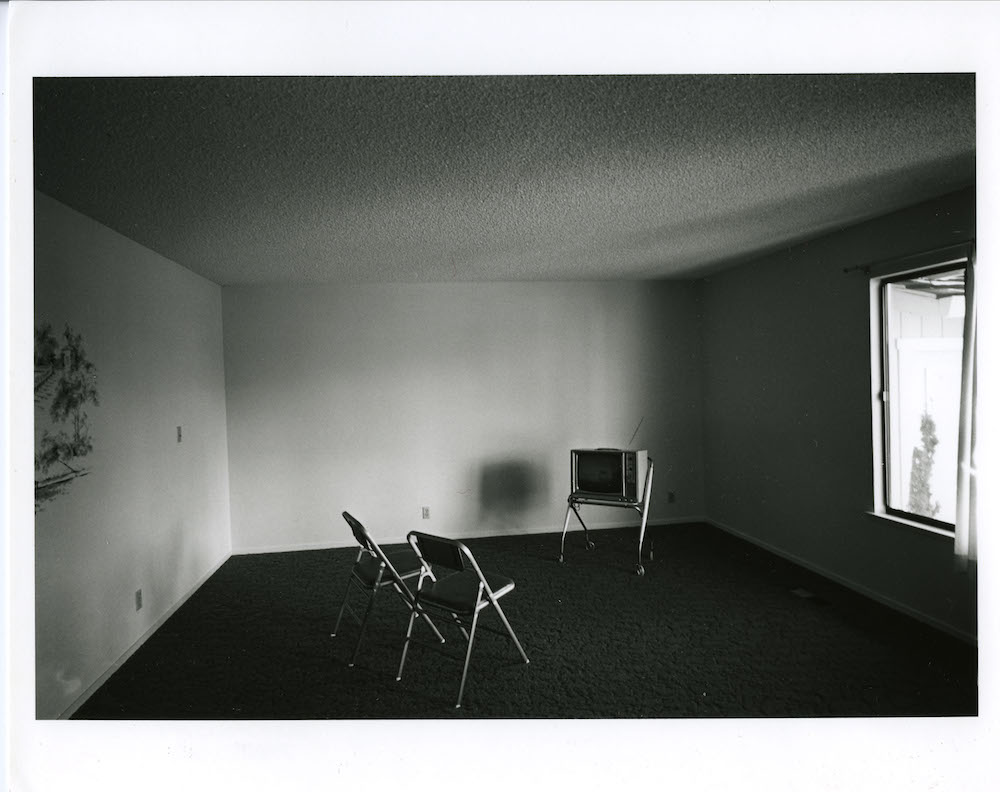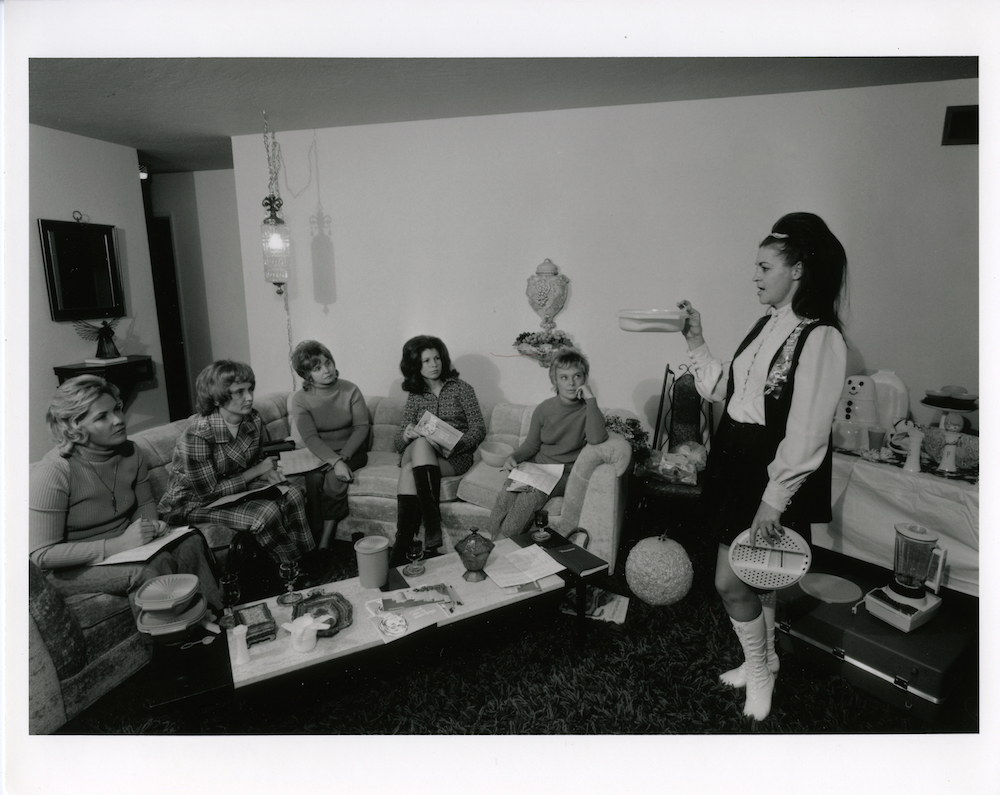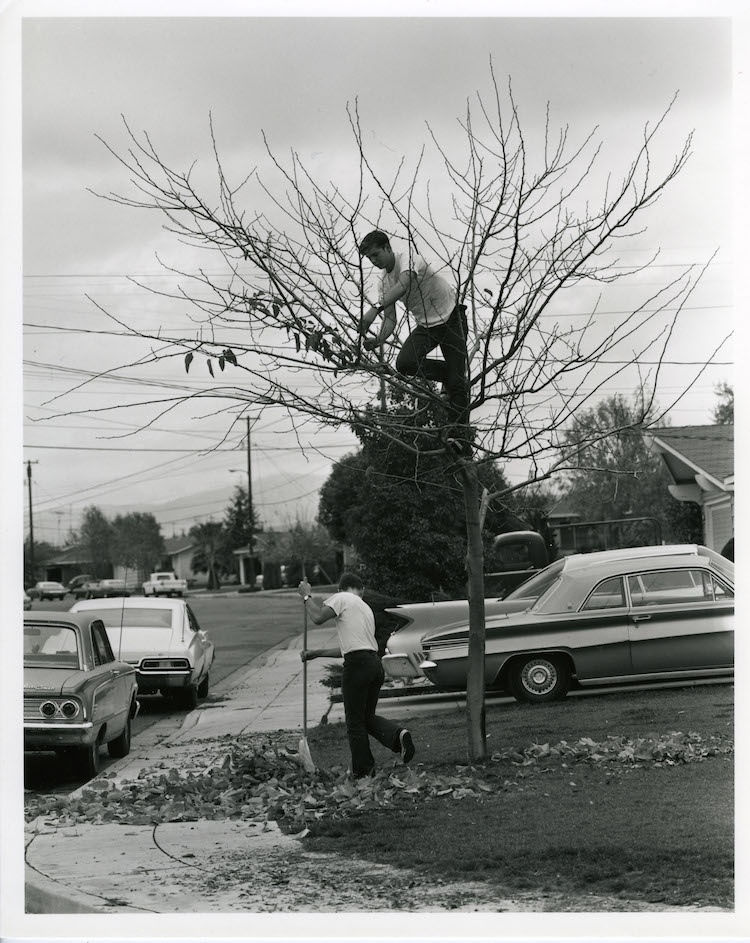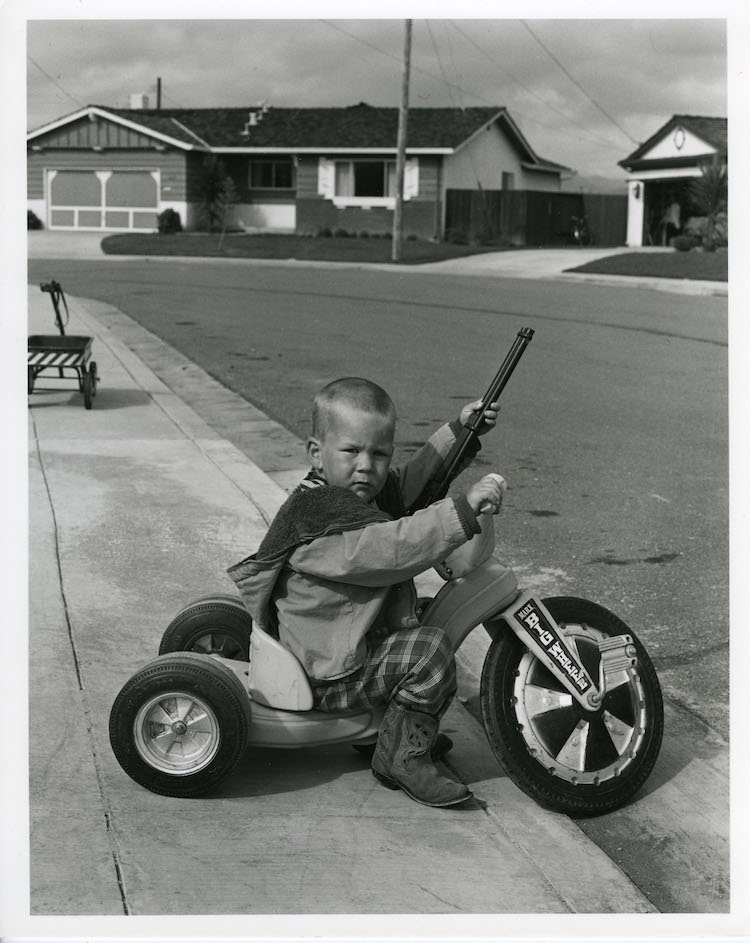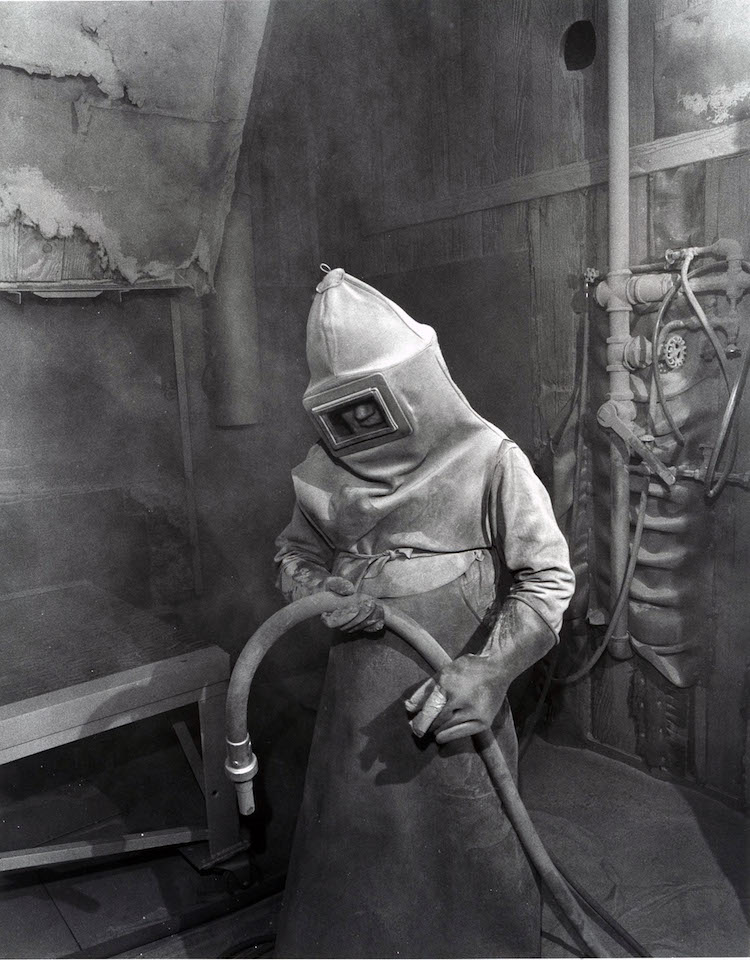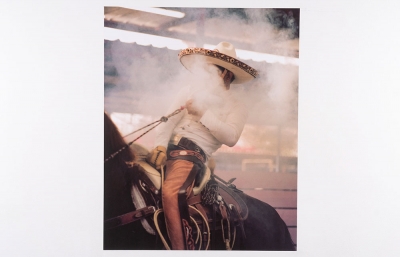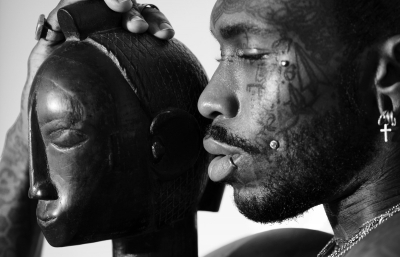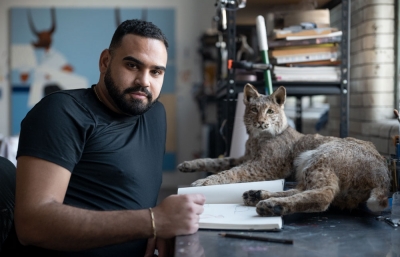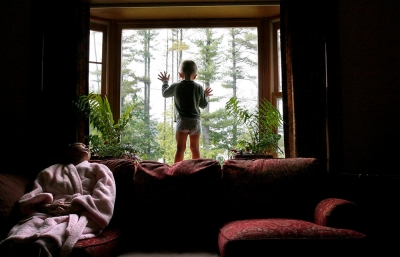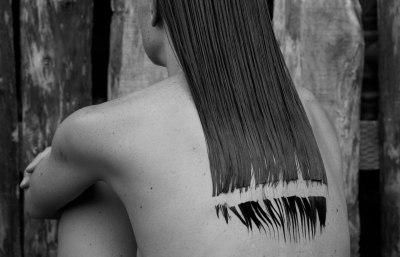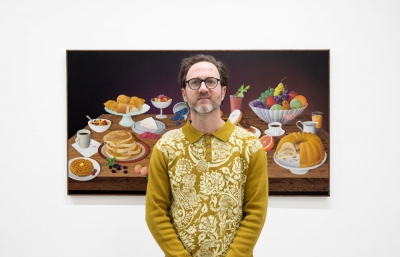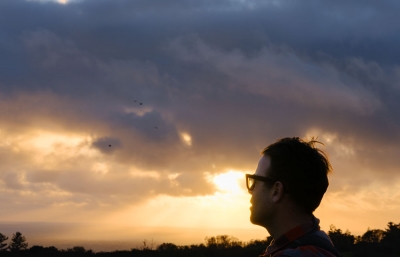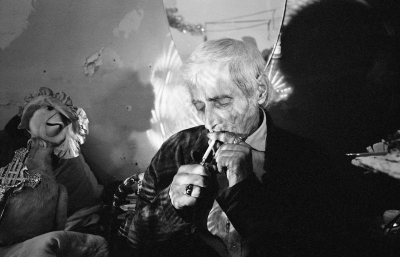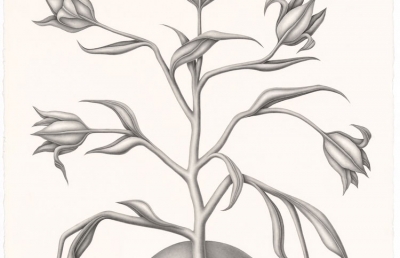Bill Owens turned 80 in 2018 and decided to take a trip around the world to celebrate. Speaking to me from his hotel room in Australia, he remarked, “I like to tell people I’m visiting six or seven different countries just to drink whiskey.” In 1983, after releasing three photo books and two instructional books on photography and publishing, Bill Owens founded Buffalo Bill’s brewery, published BEER magazine and eventually established The American Distilling Institute, which he continues to run to this day.
“I'm distilling because that's my livelihood,” he explained before joking that, “It's much more fun than photography, and in the end, there's some money.” I asked Owens if channeling his energy and creativity into other interests changed his relationship with photography, and he simply responded, “Photography has been such a part of my life, I don’t separate it. There’s no place I can’t go, I’m not bored ever. I have my cellphone with me, I take photographs of everything. I think I specialize in the most mundane things. Just give me an ordinary place, like this dumb hotel here. I can make a great shot out of this hotel room, I know. I'll just see it, there it is.”
One photograph in Suburbia, Owens’s now classic documentation of American bedroom communities in the early 1970s, a young man climbs up a tree, plucking the few remaining dead leaves. “My dad thinks it’s a good idea to take all the leaves off the tree and rake up the yard. I think he’s crazy,” the caption reads. He is crazy. It’s an absurd task and a fitting metaphor for the idealized American dream the family is striving to attain. “This book is about my friends and the world I live in,” writes Owens, in the introduction to Suburbia. The world he photographs is strange. It’s mundane, caught up in everyday routine, in the pleasures of material and social wealth, and in the vague promise of a nebulous guaranteed happiness. But the photographs are not judgemental, they are simply self-aware, conscious of the drama present, but also of things clearly absent. And while not unique to the suburbs, the setting isolates and exposes certain contradictions about American life, especially in the context of the social and political turmoil in the country at the time.
In one of the few uncaptioned images in Suburbia, two empty chairs and a television occupy an empty room, a portal to the world outside the cul de sac. It’s a strange time in America, but maybe it’s always been a strange time. Bill’s photographs remind us how important documentary photography is in providing future generations with perspective and context for the world they are about to inherit, for understanding what has changed and what hasn’t. —Alex Nicholson
"I don’t feel that Richie playing with guns will have a negative effect on his personality. (He already wants to be a policeman). His childhood gun-playing won't make him into a cop-shooter. By playing with guns he learns to socialize with other children. I find the neighbors who are offended by Richie's gun, either the father hunts or their kids are the first to take Richie's gun and go off and play with it."—Bill Owens, photo from 1971

"I enjoy giving a Tupperware party in my home. It gives me a chance to see my friends. But really, Tupperware is a homemaker's dream, you save time and money because your food keeps longer." —Owens, photo from 1971

Jesus on the GMC, 2007
"I’ve been a sandblaster for twenty years. It's not hard work. In ten years I'll retire. I don't know what I'm going to do then."—Owens, photo from 1976

Untitled (empty room with 2 chairs), 1971
"My dad thinks it's a good idea to take all the leaves off the tree and rake up the yard. I think he's crazy." —Owens, photo from 1971
This article was originally published in the Winter 2019 issue.

